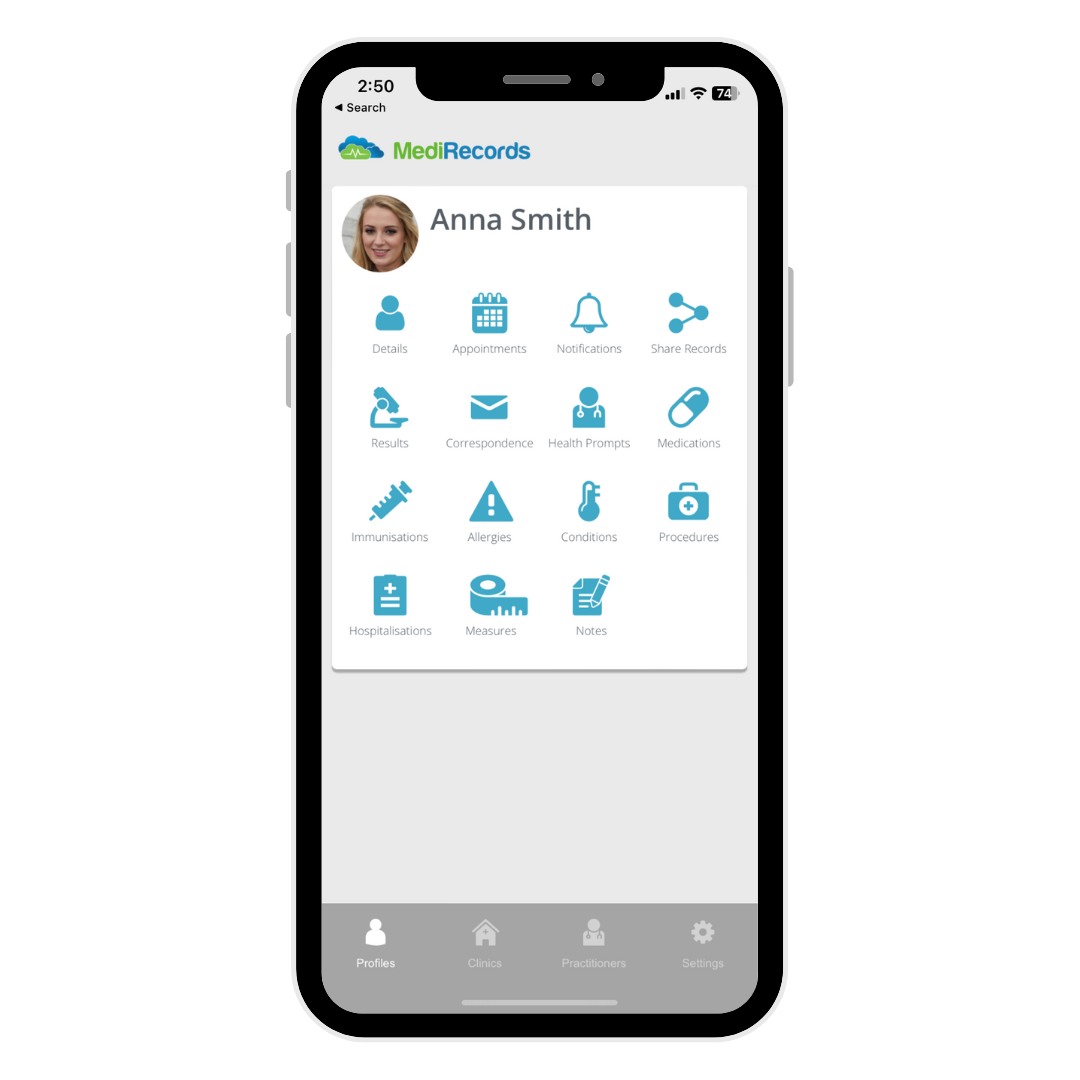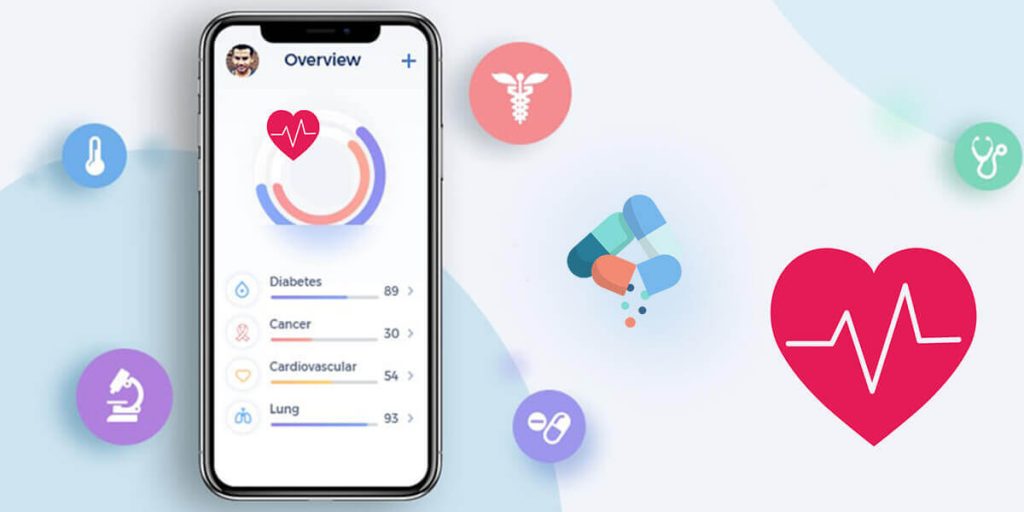Streamline Operations: Why Your Clinic Needs a Mobile App for Clinics Now
Streamline Operations: Why Your Clinic Needs a Mobile App for Clinics Now
Blog Article
The Future of Medical Care: Why Clinics Need a Mobile Application Today
As the health care landscape remains to evolve, facilities encounter mounting stress to adapt to individual assumptions for higher ease and ease of access. The integration of mobile applications can act as a vital strategy for enhancing person engagement and improving procedures. By leveraging innovation to improve communication and offer essential solutions, centers not just address current demands yet additionally place themselves for future success. Nonetheless, the implications of this change expand past plain operational performance; they might redefine client partnerships and care distribution in extensive ways. What might this change appearance like for both clients and centers?
Changing Person Assumptions
As the landscape of medical care progresses, client assumptions are undergoing a significant improvement. Today's people are increasingly looking for benefit, accessibility, and customized treatment. With the surge of innovation, especially mobile applications, people currently expect a smooth combination of medical care services into their day-to-day lives. They desire the capability to take care of consultations, accessibility medical records, and communicate with medical care companies with their mobile phones, showing a shift in the direction of a much more aggressive strategy to health monitoring.
Additionally, people are becoming a lot more educated and equipped, typically researching conditions and treatments online before assessments. This heightened understanding is coupled with a demand for transparency in health care procedures, including price estimates and treatment options. As a result, service providers are obliged to adjust by taking on digital tools that improve the individual experience.
The assumption for prompt and reliable communication has never ever been greater, with several people considering responsiveness a critical element of quality care. mobile app for clinics. In this progressing landscape, healthcare companies need to identify these altering assumptions and take advantage of mobile applications to promote a more patient-centric technique, making certain that they not only meet yet exceed the requirements established by today's educated customers
Enhancing Person Engagement

Mobile applications assist in interaction in between clients and medical care service providers, allowing real-time consultation organizing, suggestions for drug adherence, and straight messaging attributes. These functionalities not only boost ease yet additionally develop a sense of responsibility among patients. Mobile applications can provide educational web content tailored to individual demands, assisting clients much better comprehend their conditions and therapy choices.
The integration of gamification components within health care apps can additionally motivate people to take part in healthy and balanced actions, enhancing favorable way of life changes. By tracking progression and gratifying accomplishments, patients are most likely to remain dedicated to their wellness goals. Inevitably, enhancing individual engagement via mobile applications leads to enhanced health results, better client satisfaction, and an extra collaborative medical care experience. Clinics that prioritize this element will likely see a significant influence on the top quality of care provided.
Improving Facility Procedures
Streamlining center procedures is important for improving operations performance and optimizing individual treatment. The execution of mobile applications can significantly decrease administrative problems, permitting health care carriers to focus extra on person interactions. By automating appointment scheduling, client check-ins, and billing procedures, facilities can decrease wait times and boost total functional performance.
Mobile applications also facilitate real-time access to patient records, enabling healthcare professionals to make informed choices rapidly. This immediacy not just improves the high quality of care but additionally lowers the likelihood of mistakes related to misplaced or outdated information. Leveraging mobile modern technology sustains a more orderly technique to managing client follow-ups and treatment strategies, guaranteeing that no critical actions are ignored.
Additionally, mobile applications can enhance inventory monitoring by supplying clinics with devices to keep track of drugs and materials efficiently. This enables timely replenishment and aids prevent disturbances in patient treatment due to equip shortages. By incorporating these performances right into their daily operations, facilities can produce an extra cohesive and reliable atmosphere, ultimately causing boosted client end results and complete satisfaction. Embracing mobile technology is not simply a fad; it is a necessary advancement in the medical care landscape.
Improving Communication Channels
Reliable interaction is regularly cited as a foundation of top quality health care distribution. In today's busy medical environment, mobile applications can substantially boost communication channels between centers, individuals, and doctor. By incorporating mobile applications right into their procedures, facilities can facilitate real-time interactions, making sure that clients receive prompt info regarding their visits, examination outcomes, and therapy strategies.
Mobile applications additionally encourage patients to communicate directly with their healthcare teams through secure messaging features. This direct line of communication fosters a sense of engagement and permits for prompt clarification of concerns, which can lead to better adherence to treatment protocols. Furthermore, push notifications can advise people of upcoming consultations or drug routines, minimizing no-show rates and improving overall health end results.

Staying Affordable in Healthcare
In a quickly evolving health care landscape, companies should prioritize technology and flexibility to maintain a competitive side. The assimilation of mobile applications into health care services is no longer optional; it is necessary for centers intending to enhance person engagement, enhance operations, and enhance overall service shipment.
As people progressively depend on digital platforms for health administration, centers that fall short to take on mobile technology risk falling back. A properly designed mobile app can use features such as visit organizing, telemedicine examinations, and accessibility to medical records, giving people with convenience and promoting commitment.

Rivals are also purchasing mobile options, so staying in advance needs continuous renovation and staying educated concerning technological developments. Centers should not just execute mobile applications but additionally engage in normal updates and refinements. Ultimately, the effective assimilation of mobile innovation will certainly identify forward-thinking medical care organizations and set the criteria for patient-centric care in an electronic world.
Verdict
To conclude, the combination of mobile applications in clinics is important to deal with the progressing landscape of client assumptions. By boosting patient interaction, simplifying procedures, and improving interaction networks, facilities can substantially increase health and wellness outcomes. In addition, the adoption of mobile modern technology settings centers to stay affordable in an increasingly digital healthcare setting. Eventually, the calculated implementation of mobile apps represents an important action toward providing available and customized healthcare, thereby meeting the requirements these days's empowered people.
Eventually, enhancing individual interaction with mobile applications leads to boosted health results, greater client fulfillment, and a more collective medical care experience.Mobile apps additionally facilitate real-time access to person records, enabling health care experts to make educated decisions promptly. In today's fast-paced clinical atmosphere, mobile applications can significantly boost interaction networks in between facilities, people, and medical care providers.Mobile apps likewise encourage individuals to communicate straight with their medical care teams visit the site with secure messaging functions. Inevitably, the calculated execution of mobile applications stands for an essential step toward supplying personalized and accessible healthcare, thus meeting the requirements of today's empowered people.
Report this page